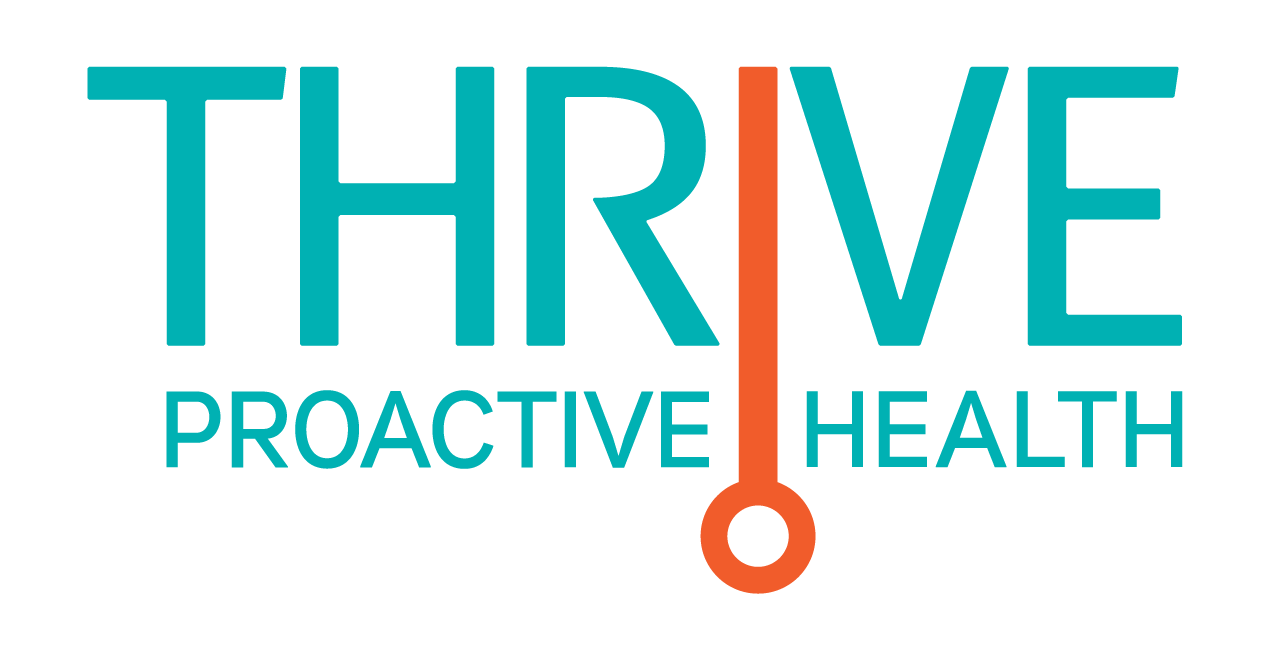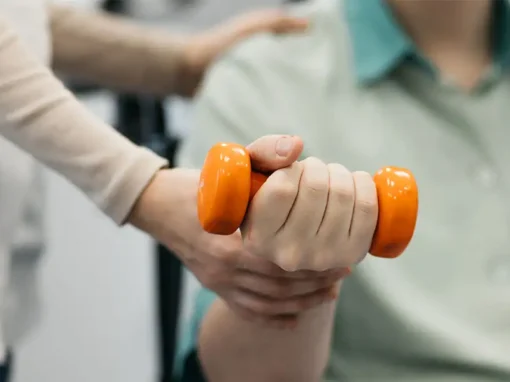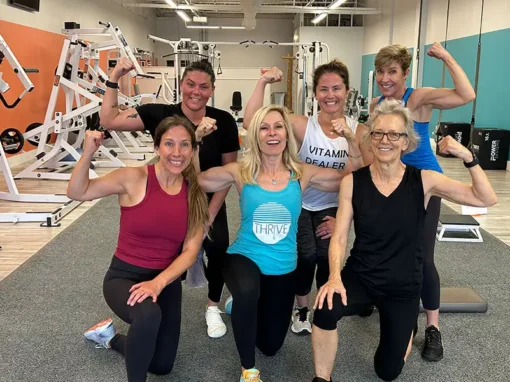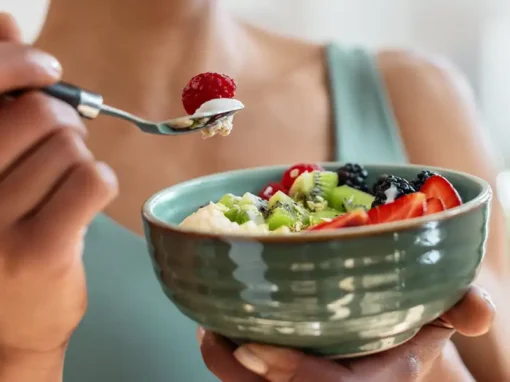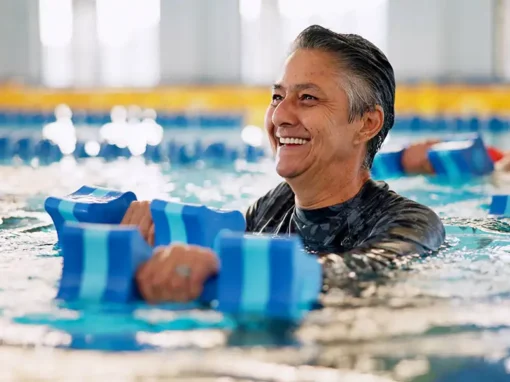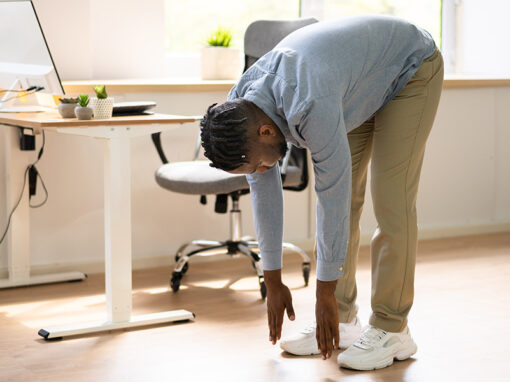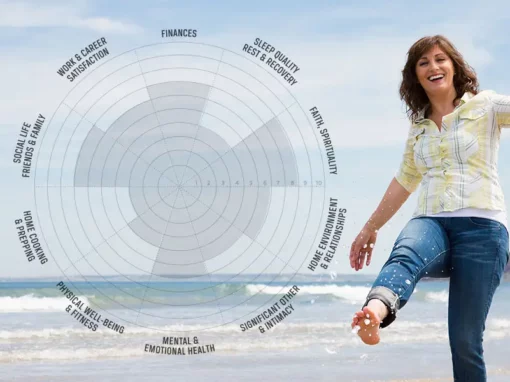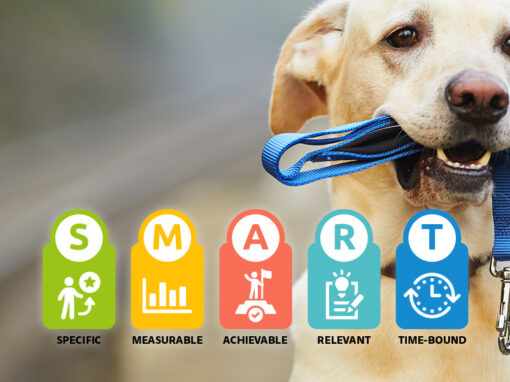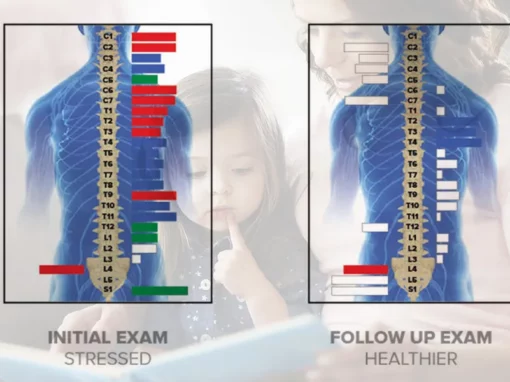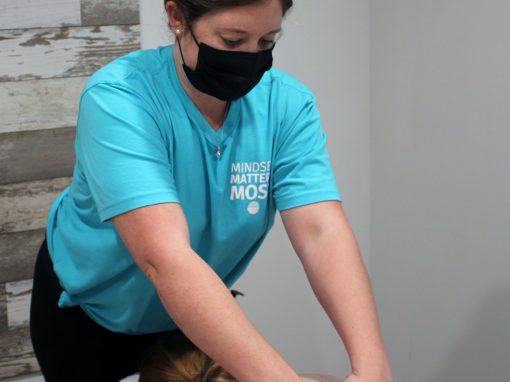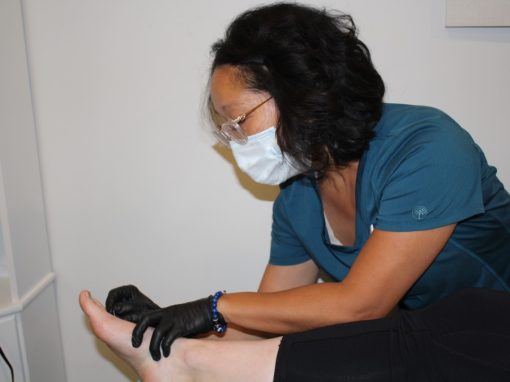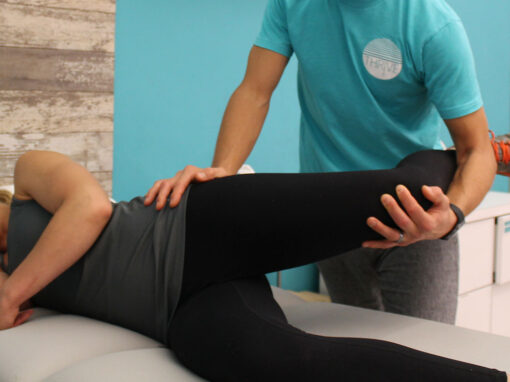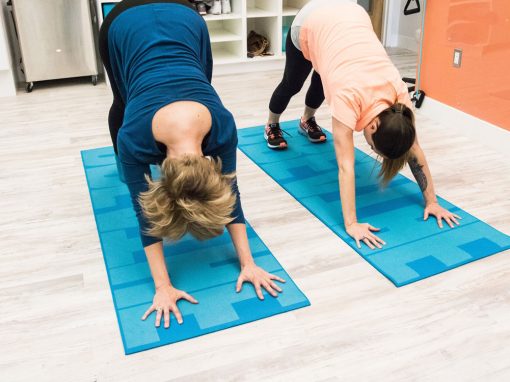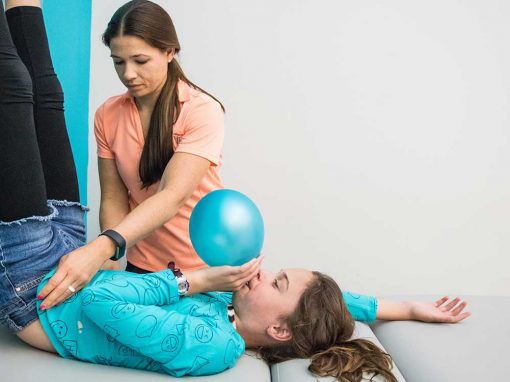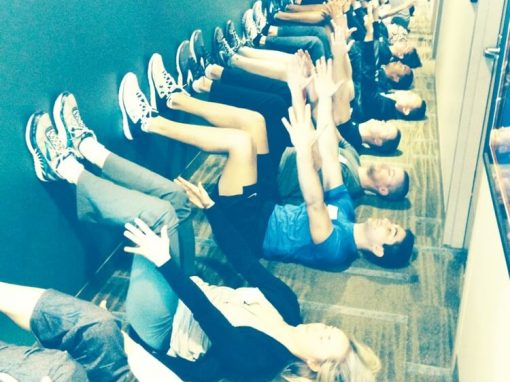Summer is winding down, vacations are wrapping up, and kids are back to school. Routines are changing for many.
How do you adjust and prioritize your health when there is a change in seasons? How do you get yourself and your family into a structured back-to-school routine? Maybe you have a groove with meal prepping or meal planning and your exercise workouts, but during a transition season you need to focus on your daily habits in other areas of Thrivestyle Medicine: mindset, sleep, stress resilience or your relationships. Does that ring true?
Our Thrivestyle Medicine challenge is to help you find balance through this change in season through preparation, planning and prioritization.
The secret to a healthier future is hidden in your daily routine. We become what we repeatedly do, and healthy habits are learned the same way as unhealthy ones: through practice. Sometimes, we just need to pause and become mindful and aware of our daily habits, and how small, healthy choices — made routinely — add up and compound into a better quality of life.
Think about how you can be more proactive and prioritize areas of your self care and wellness around six key pillars in your lifestyle.
Mindset
How do you cultivate positive emotion, gratitude and a growth mindset?
Reframe negative thoughts.
If there is something you “dread” doing, write it down and challenge yourself to think about it differently.
When you catch yourself in a negative thought pattern, reframe your story and create a new thought pattern to replace the negative one.
You have the power to change your thoughts and choose your words to renew your mind each day.
Sleep
Do you prioritize enough downtime for rest, sleep and recovery?
Schedule downtime to connect with your children without distractions and/or have quiet time to connect with yourself.
Make sure you and your family are getting adequate sleep and that you have a routine that triggers your brain to wind down prior to your bedtime.
Average sleep recommendations by age group per 24-hour period:
Stress Resilience
What habits help you manage stress and promote resilience?
Organize your home so you can quickly find everything you need to help you establish consistent morning and bedtime routines.
Sometimes, just arranging our environment more efficiently to promote the outcomes or results we want can dramatically remove some stress from our lives.
Create a place for everything you need on a daily basis. A major source of stress could be that you’re in a rush and can’t find your keys, phone, glasses, etc. Putting everything in one place the night before can remove massive amounts of stress in the morning.
Relationships
How are your relationships? Do you feel connected and engaged in your various family and social circles?
Look for the good to help strengthen your relationships.
Express appreciation daily. Everyone likes to feel appreciated once in a while. And you’d be amazed how even the smallest compliment can go the longest distance. Go out of your way to tell someone something nice today — then make it a point to do it every day. You’d be amazed how much better they — and you! — feel.
Find something to celebrate daily. Look for the accomplishments you and others around you are making and then do something or say something to recognize the small wins; it makes you and them feel special, and creates a positive feeling.
Physical Vitality
Are you getting enough daily movement to promote physical vitality and energy?
Exercising 150 minutes and two strength-training sessions per week may sound like a lot of physical activity if you are not used to it. But always remember our bodies adapt to how we use them, and there are lots of things you can do to keep your joints strong and body moving well as you age.
A daily 30-minute walk, undisturbed, can be one of the best habits you establish for your vitality and energy.
It’s even better if you can take this walk out in nature and away from technology.
Nutrition
Do you plan and prioritize healthy meals and snacks to properly fuel and use food as medicine?
Plan to drink enough water daily. It’s actually relatively common for people to confuse thirst for hunger. Being proactive about your daily water intake and planning healthy snacks can help you resolve bad habits.
Prioritize healthy snacking. Plan healthy snacks immediately when you get home from the grocery store. Portion-size some snacks in storage containers or baggies and place them in easy-to-see areas that can help prompt you and your loved ones to see them.
Remember that feelings of fatigue, mental fog and difficulty focusing could all be attributed to dehydration. Be sure you and your kids are getting enough water daily. Can you get in the habit of drinking at least a few sips of water each hour?
